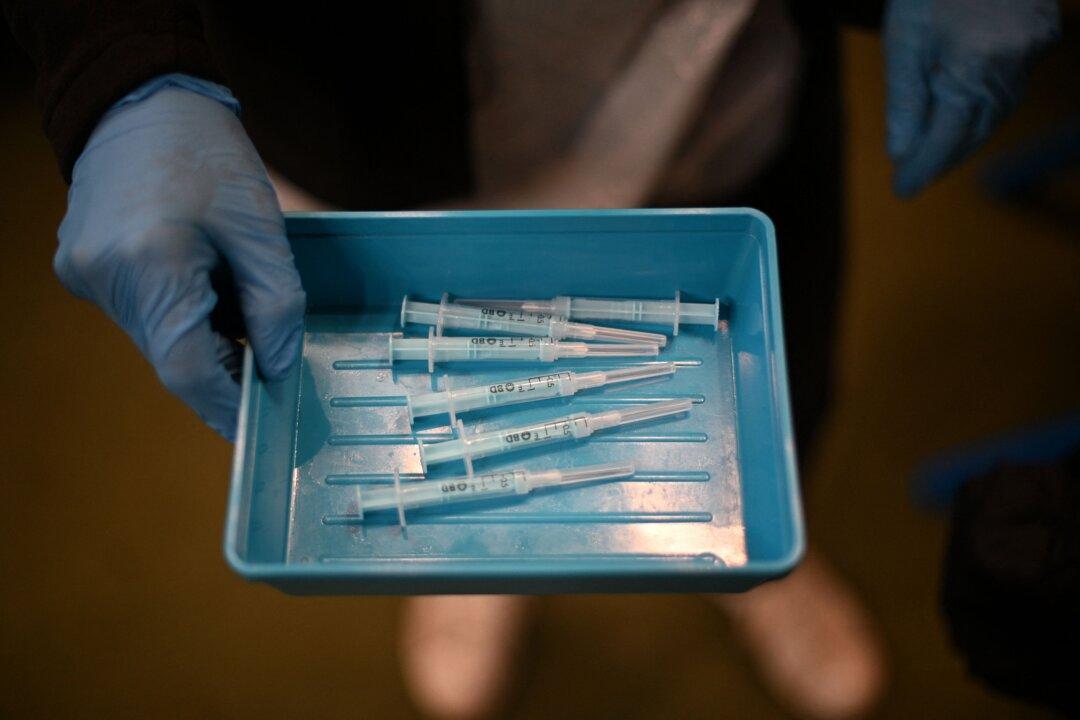The risk of developing a form of heart inflammation is higher for people younger than 40 after receiving Moderna’s COVID-19 vaccine than it is from contracting COVID-19, according to a new study.
Researchers found 15 excess cases per 1 million people who received a second dose of the vaccine compared to 10 extra cases of myocarditis following a positive COVID-19 test. Moderna’s vaccine is typically taken in a two-dose regimen.






